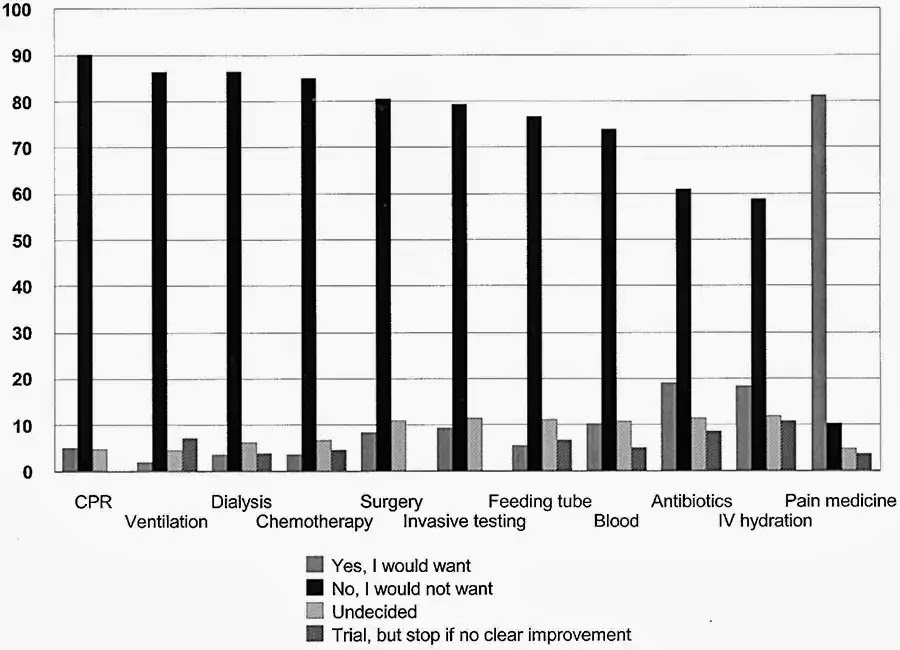*Silence*
Silence in our classroom
Silence in our reviews
Translates to silence in our voices.
Fear of voicing ourselves
Fear of criticism
All leads to silent protection for our environment.
All have an opinion and belief
There is no wrong nor right-only silence
We leave it to others to fight and to voice.
Nature is our focus, money is our delight
Yet, without a voice we have no right.
So be bold and daring-read, write, and critique-it's in our nature and our right.
Simply learn to use your voice and to fight.
